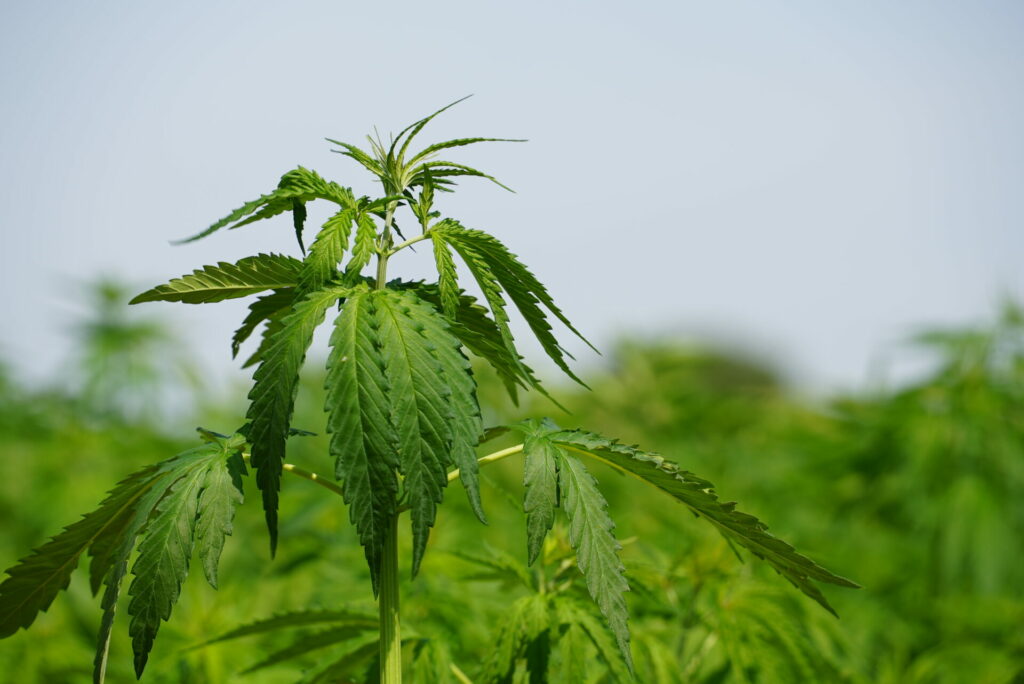While the sale of cannabis has been permitted in the Netherlands for decades, the first legally cultivated cannabis is being sold in the country from Friday as part of an experiment to legalise the cultivation and purchase of the soft drug.
Coffee shops in the Netherlands have been allowed to sell weed and hashish since the 1970s without facing prosecution, but growing cannabis plants was still prohibited and actively prosecuted. Coffee shop owners are also not allowed to purchase cannabis – creating a large grey zone, as there is no legal way for coffee shops to get the drugs they are allowed to sell.
To address this gap, the Dutch Government launched the "weed experiment", which involves monitors the impact of legally producing and purchasing cannabis on a small scale.
Ten growers have received a permit from the Dutch Government and the cannabis they grow can be sold in a total of 11 municipalities. On Friday, 19 coffee shops in the municipalities of Breda and Tilburg are starting the experiment. (In total, there are approximately 570 coffee shops in 102 municipalities in the Netherlands.)
Related News
- Two hundred cannabis plants discovered in attic of Flemish church
- Belgium officially bans laughing gas as intoxicant becomes widespread
- Two kilos of cannabis found in car during a police check
Now, the legally grown cannabis is brought to the traders in sealed vans; checks are carried out to ensure that no illegally grown cannabis enters the chain. The Dutch Food Agency simultaneously monitors the quality of the cannabis and the packaging conditions. The aim is to determine what influence the legal production of cannabis has on the nuisance experienced by some municipalities.
According to the growers, this method is also safer: if the cannabis is produced under supervision, there can be official checks to ensure that no pesticides are used. The Dutch Government that this will reduce the number of illegal cannabis plantations.
The experiment is now in its first phase. In the coming months, it will be rolled out in all other participating municipalities as well.
In total, the experiment will last 4.5 years, with a possible extension for 1.5 years. The test will then conclude, with the results evaluated and the law adapted depending on the outcome.

